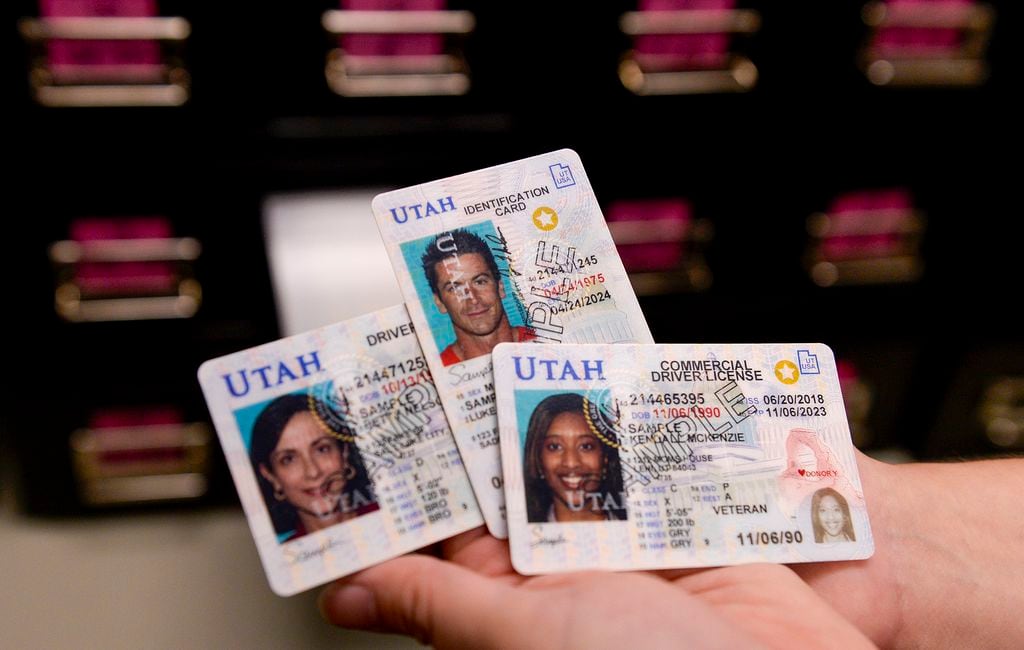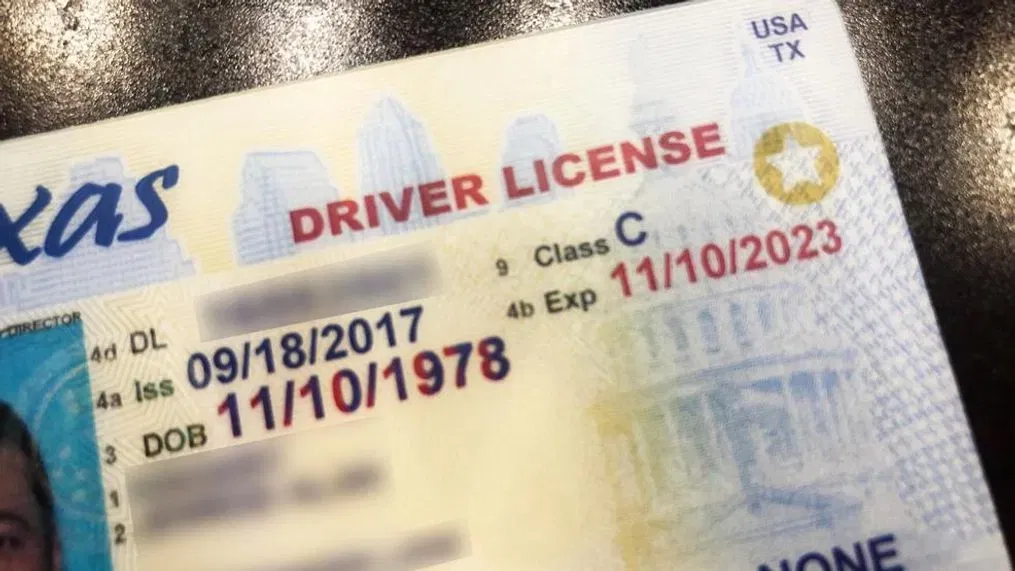A driver’s license is a primary form of ID most people use when asked for a photo ID to purchase alcohol. If the driver’s license is legitimate, you can buy alcohol with a driver’s license. Unfortunately, it can be tough for servers and retailers to distinguish an authentic driver’s license from a fake ID.
Counterfeit IDs have become sophisticated in that the security features can be replicated.
These are meant to make it easier to buy alcohol with a driver’s license because they’re supposed to deter underage minors from purchasing. However, these are no longer considered foolproof.
Because of technological advances, fake IDs can mimic a realistic driver’s license making it virtually impossible for businesses to detect the fakes. As a form of protection, each server and retailer is expected to document when they card an individual by scanning the ID and keeping it on file for legal documentation.
Many businesses are driver’s licenses or ID scanner systems that validate the date of birth, expiration, and other mandatory details. The court system finds these scans not only acceptable but a valuable resource for those in the liquor service industry. Many industry leaders have started using the driver’s license scanner for their own protection.
Is checking for a driver’s license working in establishments, or are businesses failing to take that step and instead serving minors? Let’s consider whether using a driver’s license to buy alcohol is an effective ID.
Table of Contents
ToggleIs Buying Alcohol With A Driver’s License Acceptable?

When buying alcohol from a server in a bar or pub or from a retailer, some form of ID is required to prove that you are over the age of 21. That is the legal age in this country; it varies from country to country to purchase the products. Most establishments prefer a driver’s license as the ID of choice because it has security features in place and offers all the pertinent information.
Unfortunately, false IDs have become incredibly sophisticated with advancements in technology with the capability to replicate these features. It makes recognizing fakes challenging for businesses. However, security measures are in place to protect individuals in the form of driver’s license scanners, documenting that cards were verified and will prove fraud if that’s the case.
Despite these measures, the protocol is not always followed, whether the server or retailer is in a rush and merely glances at the card or doesn’t check it at all. Let’s look at how authorities ensure laws are followed regarding driver’s license use as an effective tool to buy alcohol.
1. Stings are set up in businesses selling age-restricted products
Undercover stings are set up periodically in establishments responsible for selling liquor following legal guidelines with no attempt at deceiving the staff. However, the decoy used in the sting wasn’t quite of legal age but looked older. The primary objective with stings was to ensure age checks were adequately performed with each customer before alcohol was served.
When the server failed to request the driver’s license or didn’t correctly calculate the individual’s age, that person and the business would be fined, plus the employee could be suspended from the job.
2. A common cause for underage minors receiving alcohol is not being asked for a driver’s license
Despite the strict guidelines regarding liquor businesses checking all driver’s licenses before selling products, some don’t. It can be due to being in a rush or assuming they can guess a person’s age.
If caught, the individual not following standard protocol can be severely punished by their employer and legally. Documenting each purchase by simply scanning the driver’s licenses keeps you protected.
3. Attempting to assess someone’s age can get a retailer or serve in trouble
A common reason servers and retailers find themselves in trouble is incorrectly assessing an individual’s age. When a restaurant or retailer has a rush of customers, attempting to calculate the birth date and expiration date usually is a rapid assessment, often miscalculated due to being in a hurry.
Human error is enough to create legal repercussions making it necessary to take those extra few moments to adequately determine each person’s age. Doing so will save much in the way of costs, time, and potentially your license.
4. The license owner won’t be the only one liable
When a server or bartender or counter clerk serves an underage minor liquor, that employee will be held liable and could face similar legal repercussions to the licensed owner. As the establishment’s representative, checking the age against the expiration date on the driver’s license is crucial.
When you fail to do this or do so inaccurately, these are considered serious circumstances and will come with severe penalties.
5. The underage minor is liable if the driver’s license passes the establishment’s check
When a responsible party sells liquor using all the necessary protocols, documenting the individual’s driver’s license and finding it authentic only to later learn it was a fake, the underage minor will be held liable. You will need to prove to the authorities that you took every measure to validate the legitimacy of the ID.
Any documentation provided will likely be sufficient to reduce any potential repercussions for the business owner. Conversely, the minor will face charges including “criminal possession for carrying and producing forged documents and fraud.” You could also be held liable if you have no documentation to prove the steps you took in validating age.
Conclusion
No matter how much technology is available to you to accurately assess the validity of a driver’s license, these aren’t 100 percent foolproof. Some underage minors use real IDs that they borrow from other people with all the necessary security features and required details.
A priority is to use human judgment by looking at the ID photo and calculating the expiration date with the date of birth. You have every right as someone responsible for selling liquor to deny anyone service which you feel unsure about, regardless if they’re insistent on the authenticity.

I am a passionate beer connoisseur with a deep appreciation for the art and science of brewing. With years of experience tasting and evaluating various beers, I love to share my opinions and insights with others and I am always eager to engage in lively discussions about my favorite beverage.
















